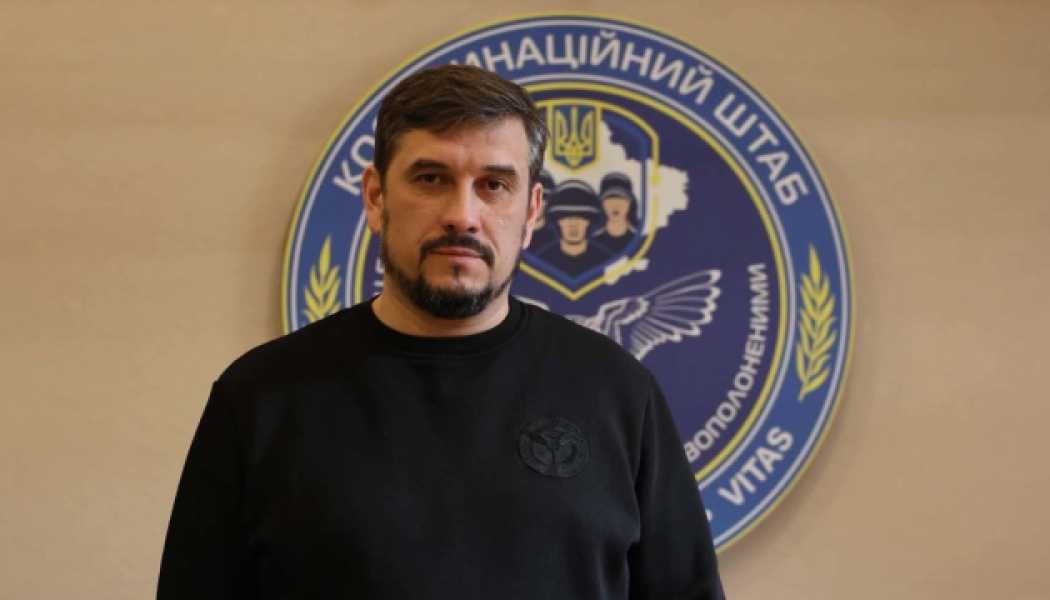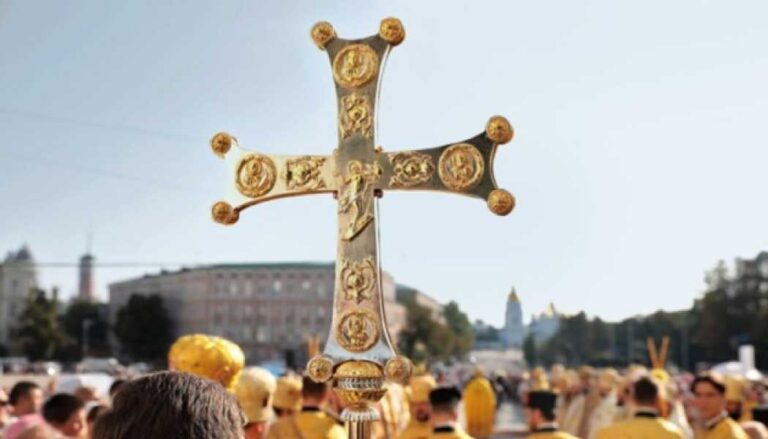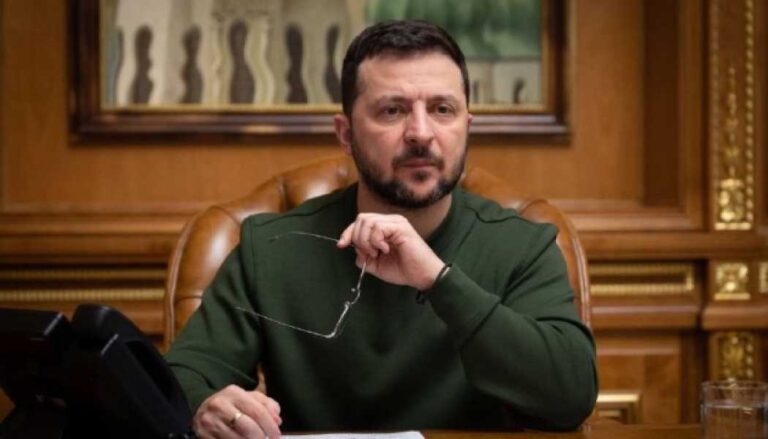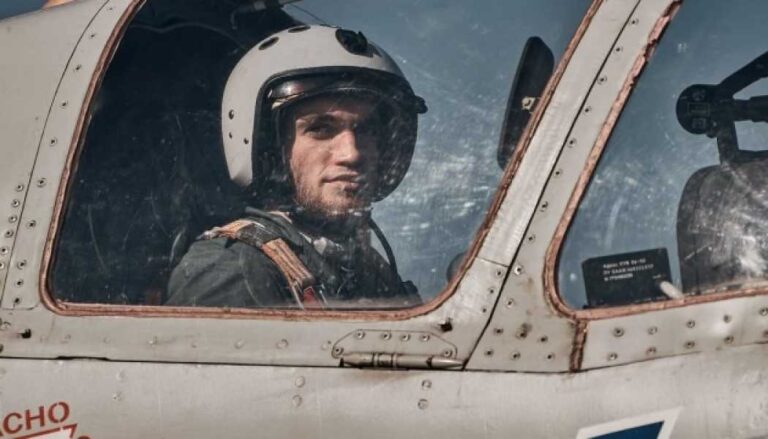Meetings of negotiators on prisoner exchange are taking place in the occupied territories, in Belarus and Russia – Coordination Headquarters

The head of the secretariat of the Coordination Headquarters for Work with Prisoners of War, Bohdan Okhrimenko, reported this in an interview with Ukrinform.
“Firstly, Belarus has only recently appeared in this process. Secondly, during the entire period of exchanges, we have never seen representatives of the Russian side on our soil. We always go to them or to territories under their control. We are constantly exposed to risk. We go there without weapons – at most we put on a bulletproof vest and a helmet. On their side, there are always a large number of armed people,” he noted.
Okhrimenko added that he participated in negotiations both in Russia and in the occupied territories.
“Each exchange represents a significant risk for the participants. We ask for a ceasefire, but it is practically not observed, mainly by the Russian side. Near the places where exchanges are taking place, there have been cases of artillery shelling, or enemy sabotage groups have tried to penetrate under the cover of the ceasefire,” he emphasized.
He recalled that in the spring of 2023, near Bakhmut, there was an attack on a Ukrainian convoy that was heading for prisoners from the front line.
“We were lucky that the soldiers we were rescuing had not yet arrived at the assembly point. They were driving towards the buses, which could not go further due to the destroyed roads. They were brought from the front line to the buses on tracked vehicles – armored personnel carriers, infantry fighting vehicles and tanks. While they were driving, a column of our buses waiting for them was fired upon. Several people were injured, two vehicles burned down,” Okhrimenko said.
He explained that the Ukrainian negotiating team was formed at the beginning of the full-scale Russian invasion and operates under the Intelligence Act, which gives security officials the authority to negotiate prisoner exchanges. These negotiations are also governed by certain classified documents. Based on these provisions, the Ukrainian team, consisting of representatives of the Main Intelligence Directorate of the Ministry of Defense (GUR), the Security Service of Ukraine (SBU), the Ministry of Internal Affairs (MIA), the Armed Forces of Ukraine (AFU), the Foreign Intelligence Service (SVR) and the Ombudsman's Office, negotiates with the Russian side, which includes representatives of the Russian Ministry of Defense, the Federal Security Service (FSB) and the Federal Penitentiary Service. Sometimes, the Russian Human Rights Commissioner Tatyana Moskalkova also participates in the negotiations.
Okhrimenko noted that in Russia there is no central structure responsible for prisoners of war, but discussions have begun about the need to create such an organization.
“We hinted to them that centralizing the process would shorten its duration. They listened to us and are now in the process of creating something similar to our Coordination Headquarters. They are currently discussing who will be on this body, so we may soon see public information about it. If they create it, it will simplify our communication and will undoubtedly increase the number of our prisoners returned from captivity,” he added.
Read also: UK condemns Russia's treatment of Ukrainian prisoners of war at OSCE
Regarding the mediation efforts of the UAE, Saudi Arabia and Turkey, Okhrimenko explained that their participation depends on the specific circumstances of the negotiations and agreements.
“Sometimes their role is indirect, such as providing a place for negotiations and ensuring the security of both sides. In general, the interaction of these countries with both sides of the conflict depends on the specific issue being discussed,” he noted.
Okhrimenko added that the Vatican “is actively participating in negotiations concerning children and the seriously wounded.”
“We are still working with them. Our delegation recently met with Cardinal Zuppi (the Pope's special envoy) in the Vatican. We are also maintaining a dialogue with the papal nuncio in Ukraine,” he said.
Since the establishment of the Prisoner of War Coordination Headquarters in 2022, a total of 4,131 prisoners have been released from captivity, including 1,358 in the last year alone, it was reported.
Source: Source



